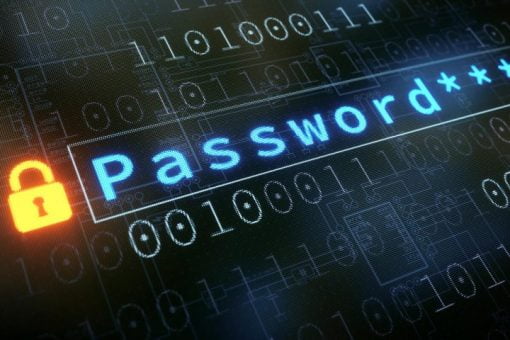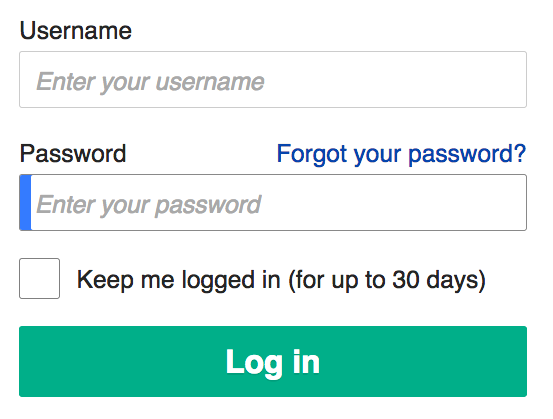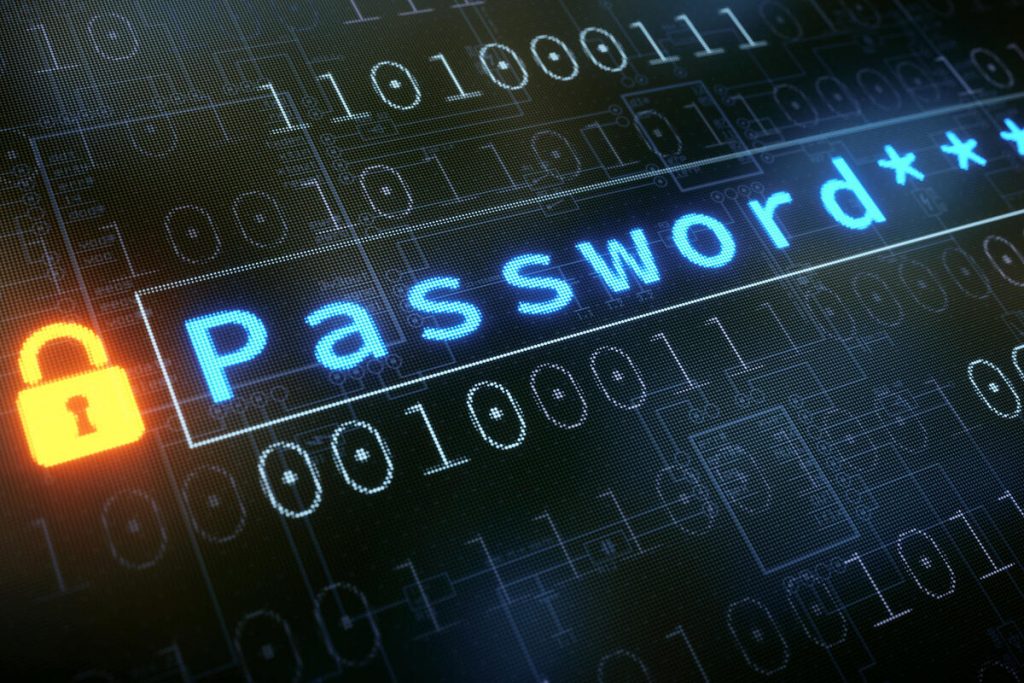
Remembering passwords is no longer the best of matters and given how many apps, structures, and units we use these days, we have simply as many passwords to hold in mind. While we are tempted to set effortless to have in mind passwords when we set up a new one or alternate a historic one, to make lives less complicated for us – that’s now not true exercise and it is no longer safe.
You can usually write your passwords down or keep them as a be aware on an app like Evernote, however, that too comes with its personal bunch of troubles.
However, let’s begin with the fundamentals you want to hold in thinking when you set up a new password –

1. Do no longer use the identical password on a couple of platforms. If every person manages to hack one of your money owed they will strive to use the identical password on different bills as well.
2. Do now not use names as passwords. Particularly names of your parents, siblings, accomplice, or pets. Avoid the use of the manufacturer’s identity of your vehicle too. These are very convenient to research and discover out.
3. Never use pin numbers of credit/debit playing cards as passwords. Do no longer use telephone numbers either.
4. Do now not use birthdays, anniversary dates as passwords.
5. Avoid the use of serial numbers like passport variety or PAN card wide variety as passwords.
6. Do no longer reuse a historical password. Most systems do now not receive a password that has simply been used, however, keep away from the use of one that’s a few months historic too. Lists of expired passwords can be bought from the darkish net or from database leaks via hackers.
7. Don’t keep your passwords online in any form, now not even as an email draft. You can manually write it down or keep it an app on your machine that is no longer linked to the internet, however, you have to be careful.
8. Browsers like Google Chrome come with the password shop option. While this characteristic is very helpful, it’s higher you keep away from it. This makes all your saved passwords prone if you get admission to a malicious internet site through mistake.
9. Use two-factor authentication anywhere available.
10. Try to exchange your passwords every few months to make certain you remain safe. It’s a tedious job, however, you comprehend – higher protected than sorry!
[select-faq faq_id=’3679′]


